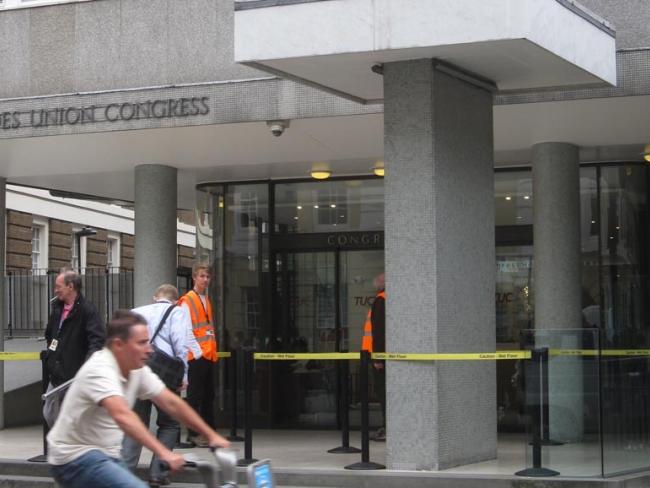The first special Congress of the Trades Union Congress (TUC) for over 40 years took place in early December. It considered how trade unions should respond to legal attempts to restrict their activity.
The Strikes (Minimum Services) Act passed into law in July, and regulations came into force on 8 December covering rail, border security and ambulance services. Proposals for children’s education are being prepared.
The new law identifies additional sectors: fire and rescue services, nuclear installations and radioactive waste plants, and border security, as well as education and transport sectors more widely. The TUC estimates that 5.5 million workers would be affected, one in five of the workforce.
The inspiration for minimum service levels comes from Europe, where such restrictions are common, according to a briefing paper drawn up by the House of Commons Library, particularly France, Italy and Spain.
Even if workers vote for strike action, meeting all the strict ballot criteria, the employer can issue a notice identifying workers who must attend work, to maintain an arbitrary level of service. The ballot result is ignored and the trade union involved can be required to tell their members to cross picket lines and attend work.
The Congress was remarkable for its unity: representatives of nearly every affiliated union spoke in the debate: all supported proposals from the General Council. There were no amendments proposed.
Speakers pointed out that employers daily flout safe staffing levels in health and transport. A Unison ambulance service convenor described emergency cover arrangements they had operated during their strikes. Union reps in control rooms made sure ambulances were deployed to anyone who needed them, with the result that there were no patient incidents on strike days.
Congress agreed to call a rally for 12 noon on Saturday 27 January 2024 in Cheltenham, home of GCHQ, where in 1984 Margaret Thatcher banned workers from even belonging to a union.
• A longer version of this article is on the web at www.cpbml.org.uk

